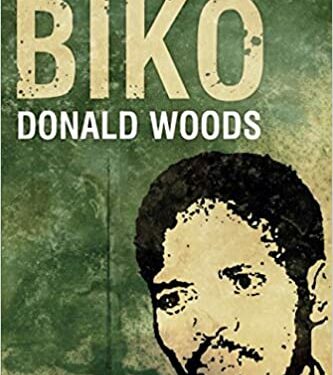Author Donald Woods(1978)
By Tsepiso Theko
September 12, the first time i was taught of this day, I was 18 years old in grade 12 and the teacher did a lot of justice in telling the history to 17 and 18 year olds who had not really thought hard about what it means to be in the skin they are in. “He stepped on a bar of soap, tripped and died” is what they said.
“He went on hunger strike and refused food until he died” Jimmy Kruger – the then minister of justice said.
In September 1977 he was arrested. While in police custody in Port Elizabeth, he was brutally beaten and driven 700 miles to Pretoria, where he was thrown into a cell. On the 12th of September 1977 he died naked and shackled on the filthy floor of a police hospital.
He had suffered brain injuries which the district surgeon had then examined as ‘nothing wrong’. His white killers admitted to killing him later during the Truth and Reconciliation Commission. His name was Stephen ‘Steve’ Bantu Biko, the father of Black consciousness. Biko was also a struggle hero like all the struggle heroes we know. What made him different was his ideology. He understood the psychological effects of apartheid on black South Africans which are evident even to this day when apartheid has long ended. Through his ideas, it is almost as if he knew that one day we would be questioned of the shade of our skin and the dryness of our hair and we would feel ashamed. And that we would be excluded and apologetic sometimes. Today we work in institutions and go to elite schools that are not pro black, that remind us of our ‘unworthy” self’s, we still have to ask for acceptance, to ask what if we straighten our hair will we look more professional? Now there is no line between loving yourself and changing yourself.
Biko did one thing, he reminded black people that black is normal and should embrace blackness. He sought to eliminate the inferiority complex that was created amongst black people.
43 years after his death his influence is even more profound today.
The black conciousness movement stressed the idea that blacks could define, organise themselves and determine their own destiny through a new political and cultural identity rooted in black consciousness.
Biko left us with an idea that is stressing the need to teach our children to be unapologetic about being black and to challenge anything that dares to question their worth. The ideas of Steve Biko make more sense now than they did in Grade 12 when I didn’t know what it means to be in the skin colour I am in.
















